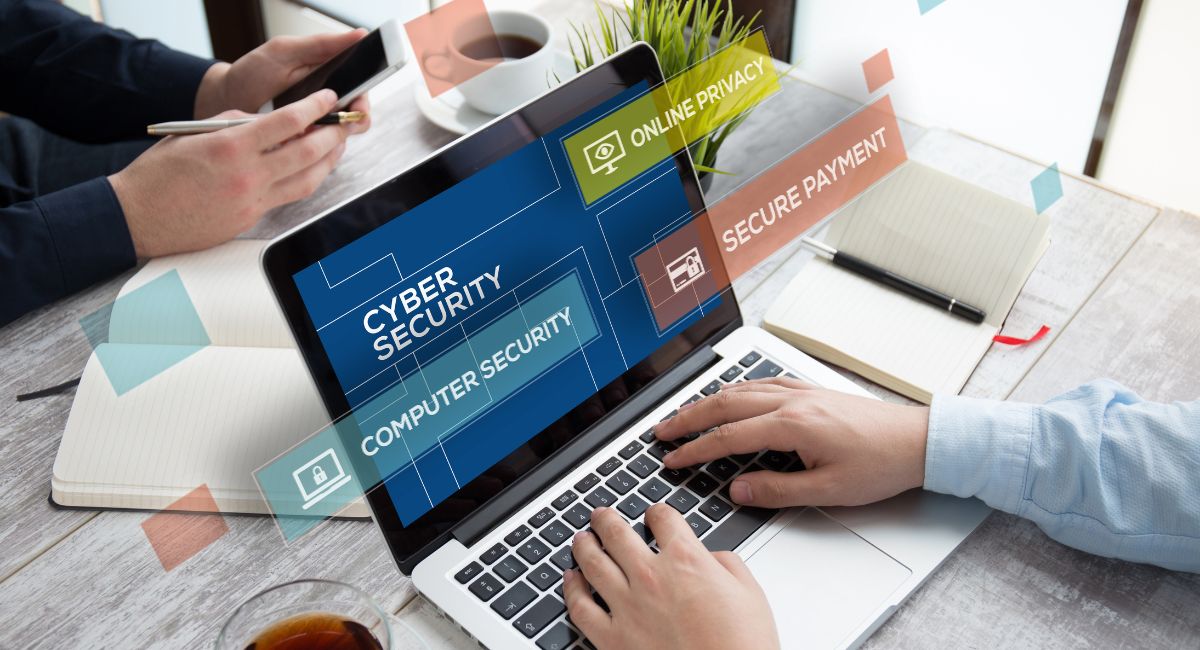Cyber security is the practice of protecting computer systems, networks, and sensitive information from unauthorized access, theft, damage, or disruption.
The Financial Review recently published an article outlining that the recent Latitude breach was one of the biggest in Australia’s history even eclipsing the Medibank Private breach in October 2022. The cyber attack on Latitude Financial breached 7.9 million licenses from Australia and NZ. This includes some but not all of names, addresses, dates of birth and telephone numbers. The breach also affected 53,000 passport numbers. The breach began when staff logins were used to access two third party service providers.
Here are some reasons why cyber security is important:
- Protecting sensitive information: Cybersecurity helps protect this information from unauthorized access, ensuring that it remains safe and secure.
- Preventing cyber attacks: such as malware, phishing, and ransomware, are becoming more common and sophisticated. Effective cybersecurity measures can help prevent these attacks, reducing the risk of data breaches and financial losses.
- Ensuring business continuity: Cyber attacks can disrupt business operations, leading to financial losses and reputational damage. Cybersecurity measures help ensure business continuity by protecting critical systems and data.
- Meeting legal and regulatory requirements: In Australia, we have the privacy act, the security of critical infrastructure act & the crimes act which cover laws and regulations relating to cyber security. The ACSC have guidelines to provide practical guidance on how to protect systems and data from cyber threats.
There are several measures that individuals and organizations can take to safeguard themselves from cyber threats:
- Use strong passwords: Ensure that you use strong passwords that are difficult to guess or crack. Also, avoid using the same password for multiple accounts.
- Keep your software up to date: Make sure that you regularly update your software, operating system, and applications to ensure that any known security vulnerabilities are patched.
- Use antivirus software: Install and regularly update antivirus software on all devices, including computers, smartphones, and tablets.
- Be cautious of phishing scams: Be wary of emails or messages that ask you to click on links or download attachments. Avoid clicking on suspicious links or entering personal information on untrusted websites.
- Regularly back up important data to an external hard drive or cloud-based service to ensure that you can recover your data in case of a cyber attack.
- Use two-factor authentication: Enable two-factor authentication for all online accounts that support it. This adds an extra layer of security.
- Educate yourself and your employees on cyber threats and best practices for online safety. This can include training on identifying phishing scams, safe password practices, and how to respond to a cyber attack.
MGI can assist your business to implement cyber security safeguards and reduce the risk of your systems being breached. Contact the MGI IT team for more information.









